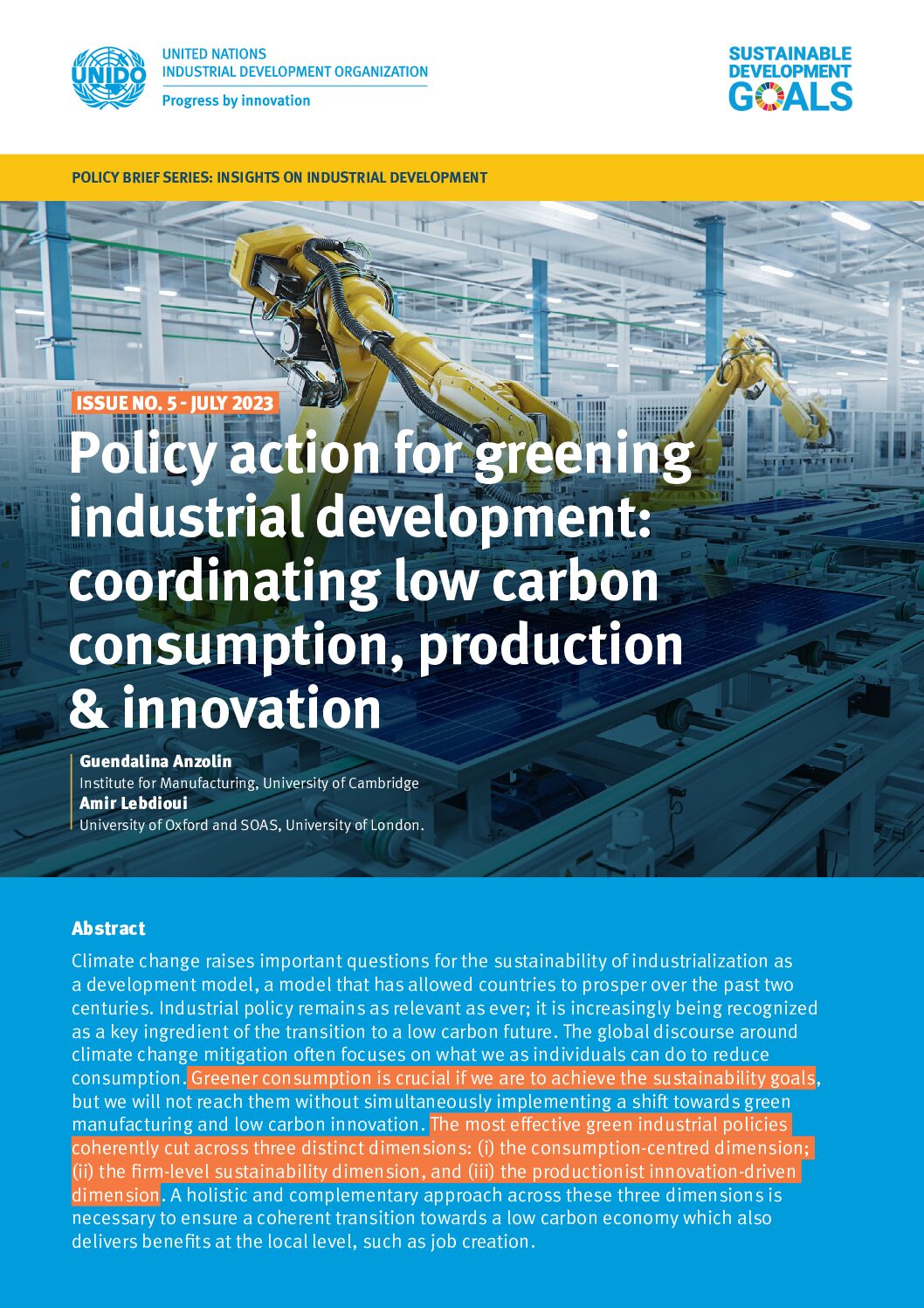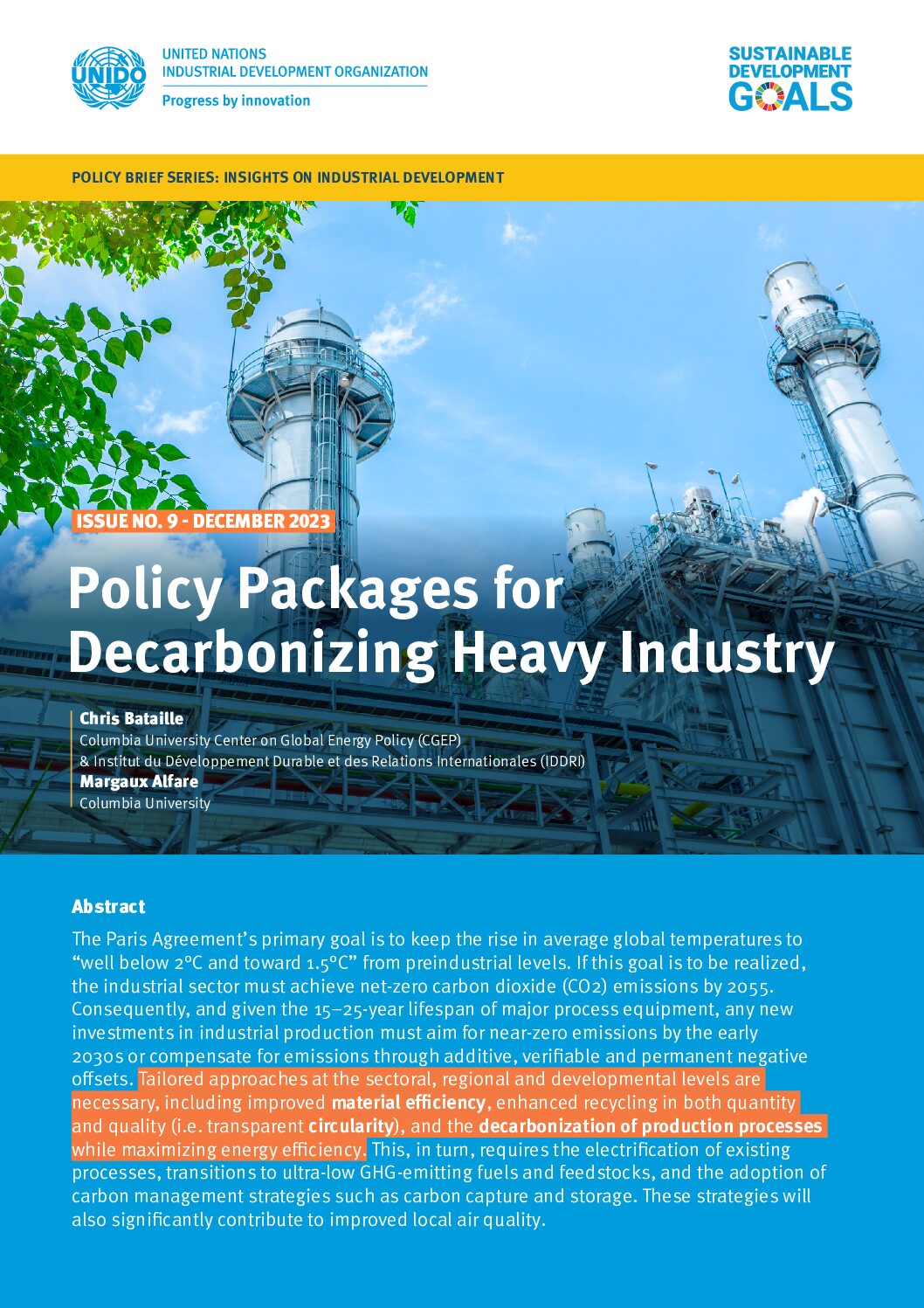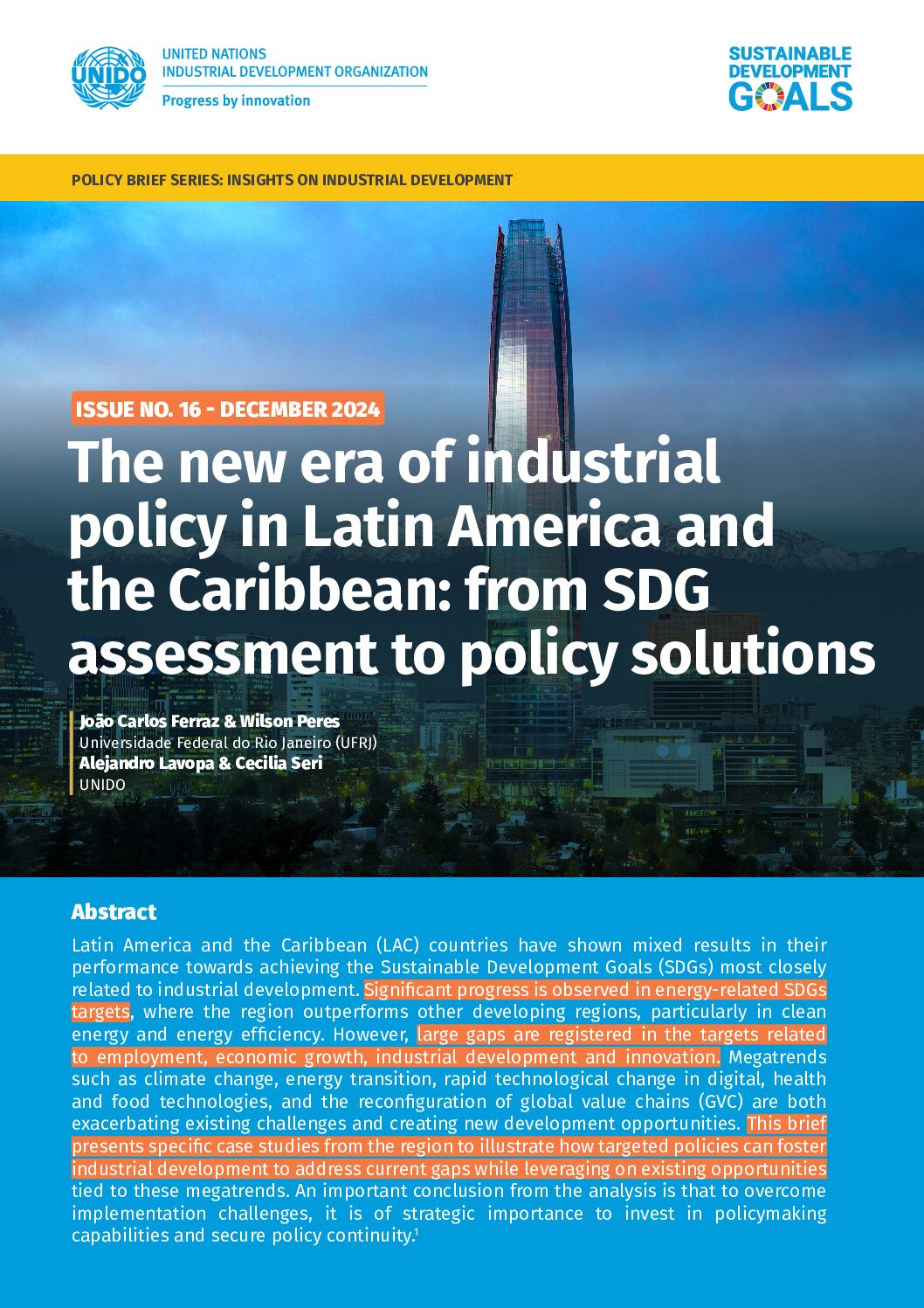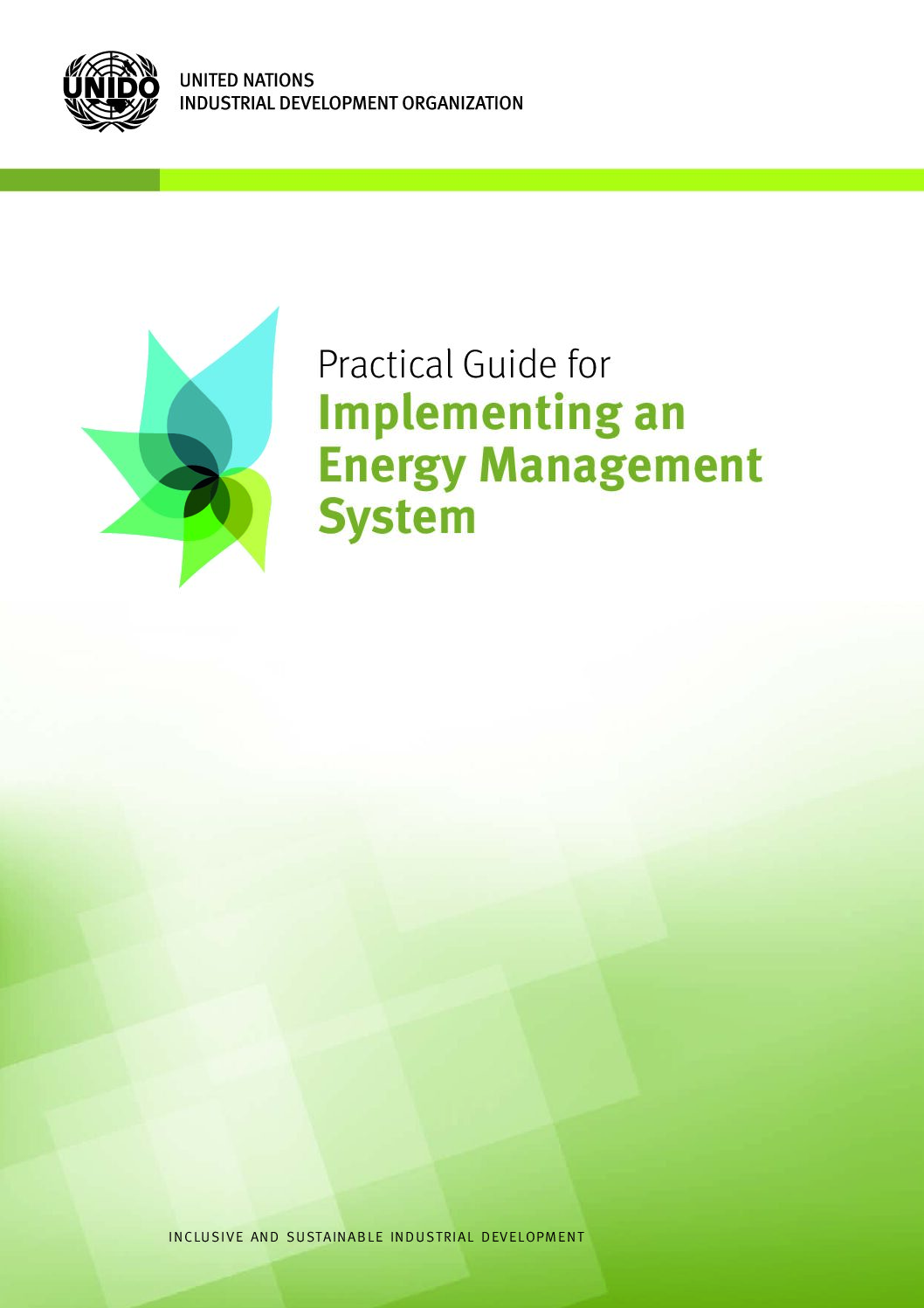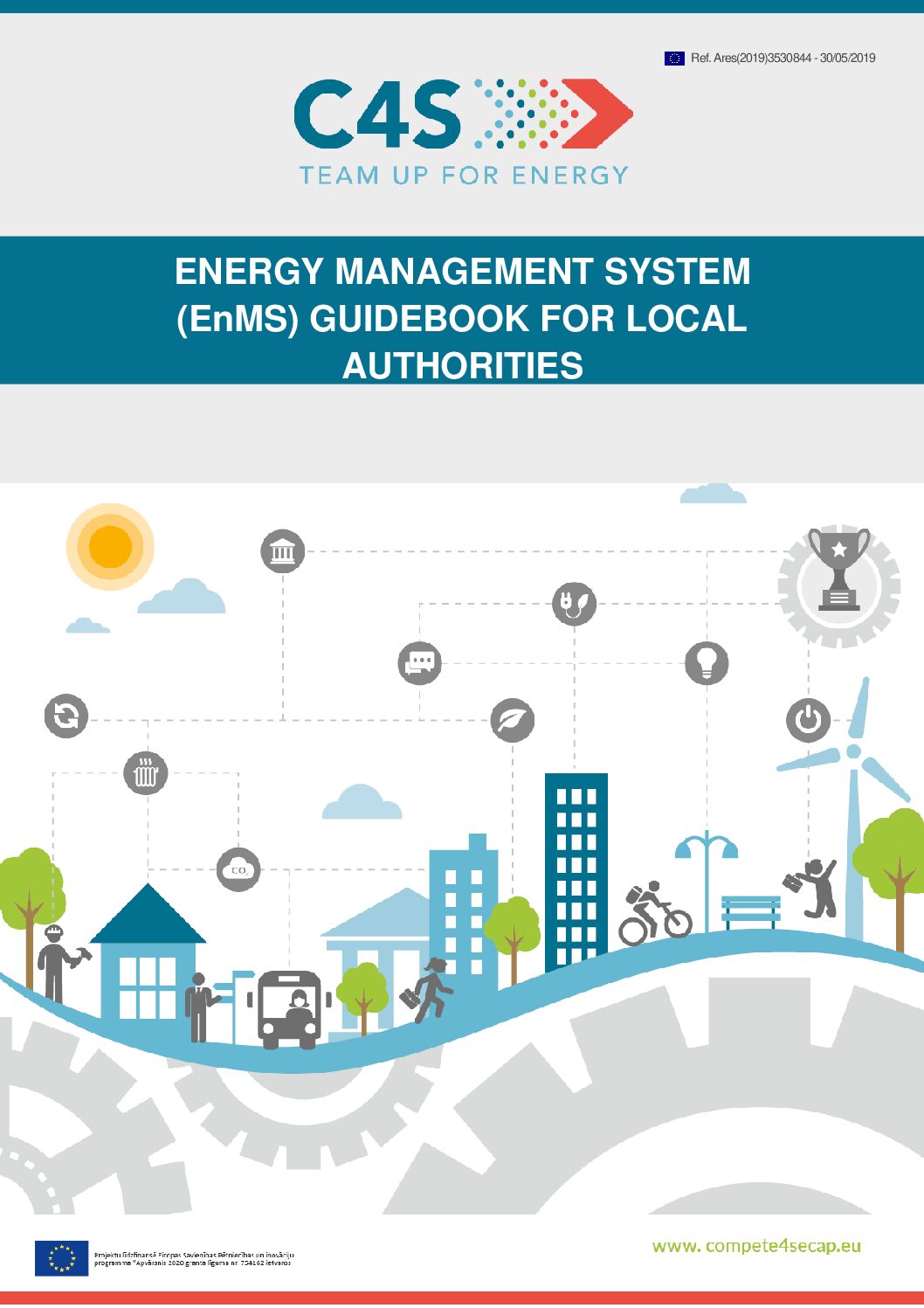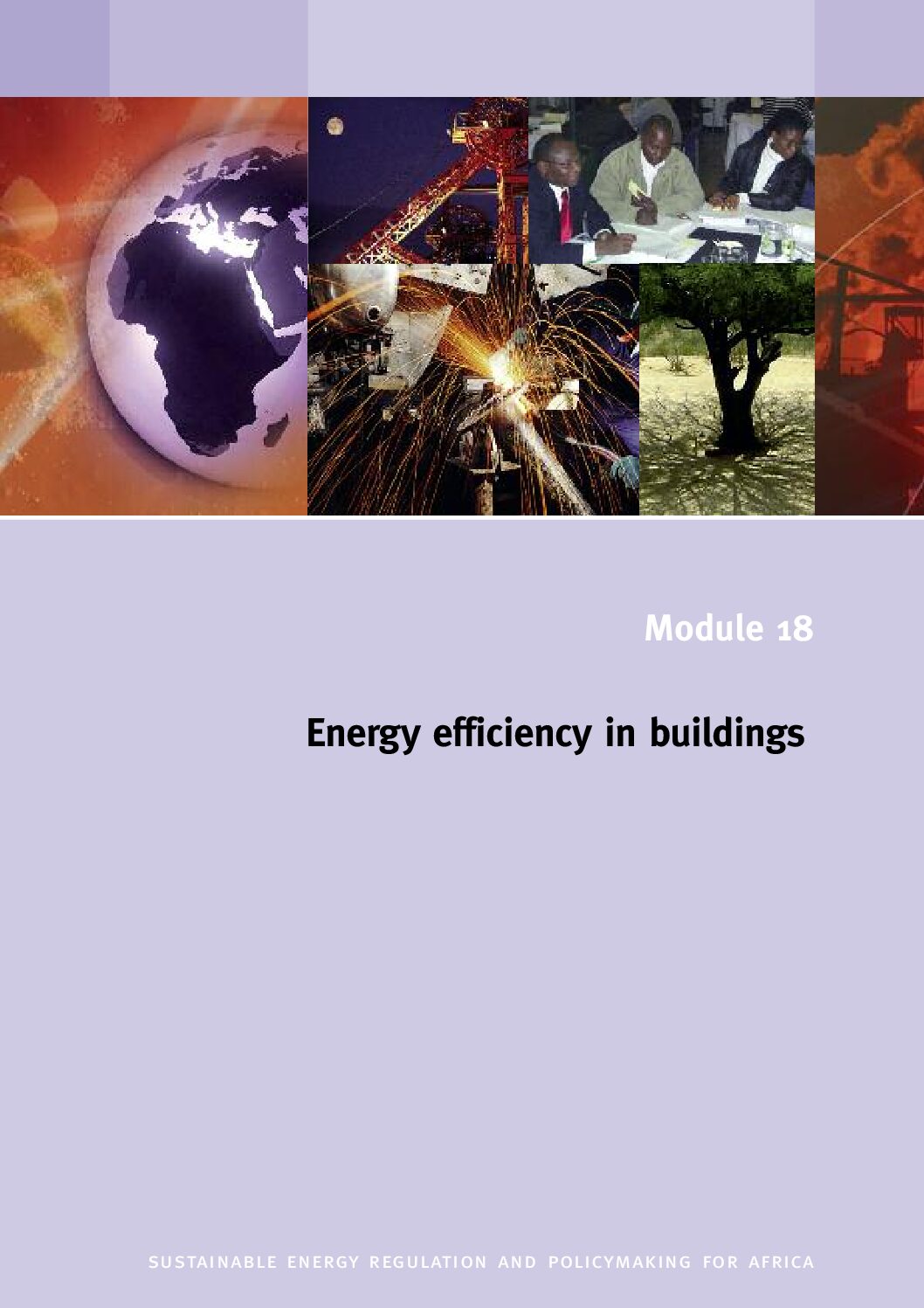This paper discusses the role of AI in the energy transition in Latin America, identifies key factors for successful implementation in the region and proposes an AI maturity model for the energy transition that allows stakeholders to assess the status and gaps for the AI adoption.
This brief describes the balance required in effective green industrial policies across three dimensions: consumption-centred, production-centred, and innovation.
This brief describes policy options for the decarbonisation of heavy industry, both for improved material efficiency and for electrification.
This brief presents case studies from Latin America and the Caribbean of policies that foster industrial development that supports the SDGs.
The purpose of this Guide is to help organizations of all sizes, and in particular SMEs, to improve their energy performance in a logical, controlled and systematic way, thereby saving energy and reducing costs.
This blog article provides a quick introduction to energy management systems.
The is a guide for local authorities interested in implementing an EnMS and steers them through a step-by-step approach to: know and understand the ISO 50001 methodology; build a working group within the local authority; define the local authority’s energy policy; correctly share roles and responsibilities among local authority staff; motivate and incentivize politicians and […]
This study examines the integration of AI into energy management processes in industrial facilities and the advantages it provides.
This paper explains how minimum energy performance standards for buildings can be implemented effectively while remaining socially just, using a differentiated approach that carefully follows a series of design principles.
This module aims to help policymakers and regulators understand the potential benefits of and opportunities for improving the efficiency of buildings and give them a background on the key issues to be addressed when developing suitable policies and a framework for implementation.


